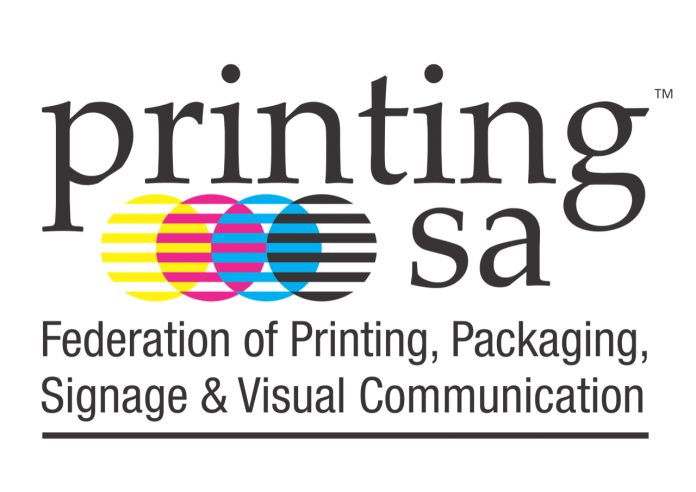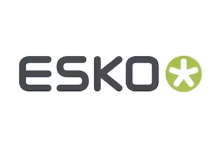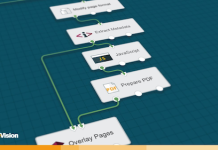Printing SA has announced book binding and plate maker training programmes, as well as a government notifications on an increase in the national minimum wage.
Saddle Stitching Operator Skills Programme
Printing SA has developed a range of learning programmes that form part of the new Mechanised Soft-cover Bookbinding Technician qualification which is soon to be registered by SAQA.
This learning programme integrates the skills, knowledge and workplace experience that a Saddle Stitching Machine Operator needs to competently set up, operate and maintain a saddle stitching line.
Companies who participate in this programme will be provided with Standard Operating Procedures (SOP) and Assessment Instruments for all the prescribed practical activities to assess Learners. They will also be provided with logbooks that define the workplace experience component.
At the end of the three-day program, learners will undergo a final competency assessment after having successfully completed all the prescribed skills, knowledge and workplace experience modules.
This skills programme is recommended for employees who are required to perform saddle stitching machine operations or experienced operators who wish to gain recognition of prior learning. Visit their training page to find out more.
Flexo Plate Maker Skills Programme
Printing SA has also developed an industry-focused Flexo Plate Maker Skills Programme. This new programme is a range of short learning modules that form part of the Electronic Pre-Press Flexographic Technician qualification which will soon be registered by SAQA.
This learning programme integrates the skills, knowledge and workplace experience that a Flexo Plate Maker needs to competently make flexographic printing plates.
Participating companies will be provided Standard Operating Procedures (SOP) and Assessment Instruments for all the prescribed practical activities to accurately and fairly assess learners throughout the programme.
Participating companies will also be provided with log books that define the workplace experience component. At the end of the programme, learners will undergo a final competency assessment based on the prescribed skills, knowledge and workplace experience modules.
This two-day course is ideally suited for employees whose roles involve creating graphic flexo plates or those who wish to take on the role within their organisation. Experienced technicians can also benefit from this course as it will provide them with recognition of prior learning. Visit their training page to find out more.
Increase in the national minimum wage
The Minister of Employment and Labour Minister TW Nxesi has announced that the National Minimum Wage (NMW) for each ordinary hour worked has been increased from R20,76 to R21,69 for the year 2021, with effect from 1 March 2021.
The NMW legislation in South Africa came into effect on 1 January 2019 at a level of R20 per hour. In terms of the NMW Act of 2018, the policy framework is a level below which no employee should be paid.
The NMW is the amount payable for the ordinary hours of work and does not include payment of allowances (such as transport, tools, food or accommodation) payments in kind (board or lodging), tips, bonuses and gifts.
The Act of 2018 requires that the NMW Commission review the rates annually and make recommendations to the Minister on any adjustment of the national minimum wage, while also reflecting on alternative views, including those of the public.
In considering the annual adjustment, the commission considers the following factors: inflation, the cost of living and the need to retain the value of the minimum wage; gross domestic product; wage levels and collective bargaining outcomes; productivity; ability of employers to carry on their businesses successfully; the operation of small, medium or micro-enterprises and new enterprises as well as the likely impact of the recommendation adjustment on employment or the creation of employment.
Workers on expanded public works programmes are entitled to R11,93 per hour and workers who have concluded learnerships agreements are entitled to allowances as determined by the national qualifications framework level.
In line with the Basic Conditions of Employment Act (BCEA), the increase in the NMW will mean that wages prescribed in the sectoral determinations that were higher than the NMW at its promulgation, must be increased proportionally to the adjustment of the national minimum wage. Therefore, the contract cleaning and wholesale and retail sector will also have their wages upwardly adjusted by 4,5 percent. Find out more in the Official Government Gazette No. 44136.
PRINTING SA
+27112871160
info@printingsa.org
http://www.printingsa.org





















